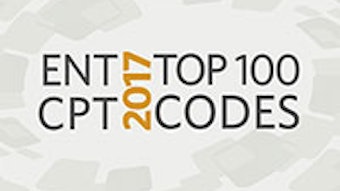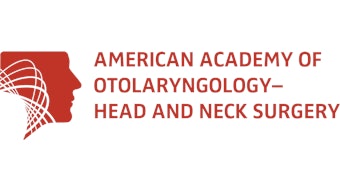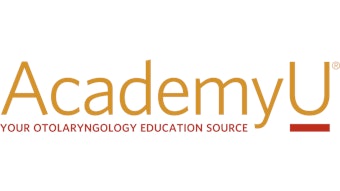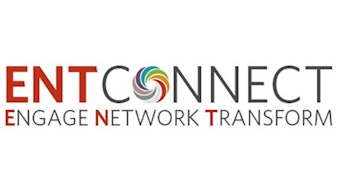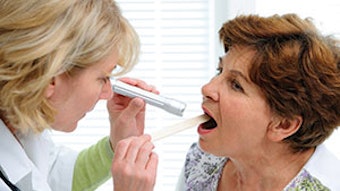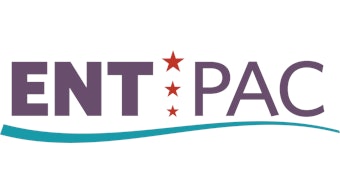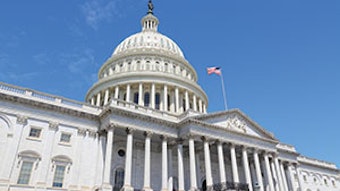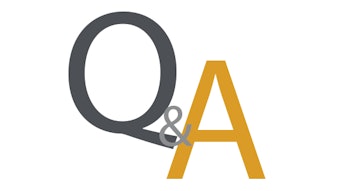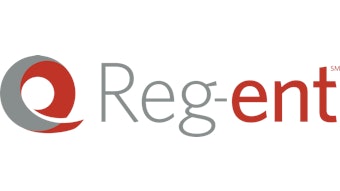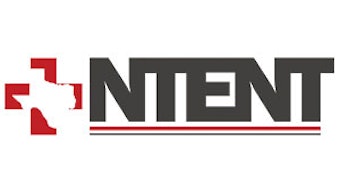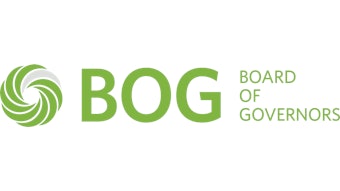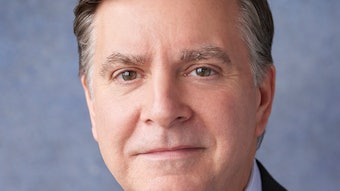Challenges and opportunities ahead
Following most elections in which a new administration and Members of Congress are seated, there is considerable discussion and anxiety over what changes will ensue. The current transition is particularly interesting given that we are in the middle of a major evolution in the healthcare delivery system that started with the previous administration.
 James C. Denneny III, MD
James C. Denneny III, MD
AAO-HNS/F EVP/CEO
The most immediate changes will likely occur on the regulatory side. Organized medicine will be weighing in on a number of areas that could make the practice of medicine easier for providers. One area will be how clinical data is handled and shared to advance quality care in the future. There will also be opportunities on the legislative side at the federal and state levels as new priorities emerge. We are prepared to work for our members and patients on critical legislative efforts as changes unfold.
Quality and data
The drive toward quality and value within the private and public sectors is a non-partisan issue and will likely continue. We will have opportunities to help define how quality is measured and what should be measured. The rapidly expanding field of Patient Reported Outcomes (PROs) undoubtedly will be an important portion of the equation in the not-too-distant future. The Reg-entsm Executive Committee is studying the most appropriate way to incorporate this valuable input into our Clinical Data Registry, Reg-ent, early on so the necessary data will be available to our members by the time it is required.
The accumulation and sharing of appropriate clinically-based data across all specialties for the purpose of improving and standardizing care offers potential unlimited benefits to patients. However, as more specialty societies and other physician groups have committed to providing this platform through clinical data registries, a singular problem has arisen. The reluctance and/or refusal of major EHR vendors to share de-identified patient data is shaping up as a formidable obstacle to realizing the full potential of these registries to improve care on a nationwide basis. This is another tangible example of the failure to attain meaningful interoperability across multiple systems within the United States, and an issue that will need to be resolved over the next three to five years as part of any sort of national health policy. We are participating with many other medical organizations in trying to accomplish this goal.
Hearing aids
On December 7, 2016, the FDA announced a major change in policy regarding the sale of hearing aids. Consumers over the age of 18 will now be able to purchase hearing aids without a medical examination or the need to sign a medical waiver. The agency also indicated it will be commenting soon on the availability of basic over-the-counter hearing aids for patients with mild-to-moderate hearing loss. This ruling comes after months of discussions and position statements by the President’s Council of Advisors on Science and Technology, the National Academy of Medicine, and testimony to the FDA by multiple stakeholders including the Academy. Concerns over the low utilization rate and expense of traditional hearing aids apparently led the FDA to prioritize access to more affordable devices for those with hearing loss. Unfortunately, by eliminating the need for a medical examination, the FDA has overlooked the “safety” component, and there will undoubtedly be patients with treatable hearing loss or potentially dangerous causes of hearing loss who are not identified—a point made by the Academy in direct testimony to the FDA. We feel it is incumbent on the FDA to mandate the inclusion of appropriate educational materials about treatable hearing loss in the packaging of these devices.
As we approach March 3, “World Hearing Day,” we must continue to put patients first. It is critical for otolaryngologists to continue to educate the public, as well as other physicians treating hearing loss, as to the nature of these treatable causes of hearing loss and advocate for patients’ ability to receive treatment for these diseases. As this new policy unfolds, the Academy will be working on a process to collect data as to the frequency that treatable causes of hearing loss are overlooked in this paradigm as well as to educate the public to warning signs that should signal the need for appropriate medical evaluation.
